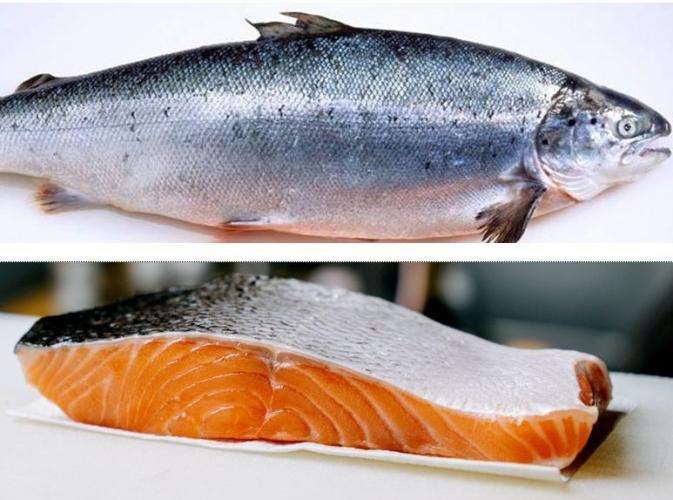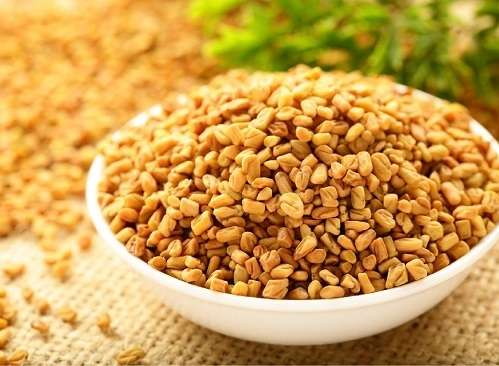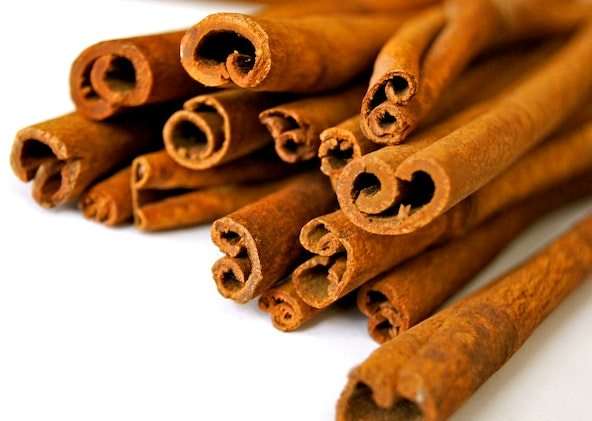Last Updated on August 14, 2023 by HBW2
What is cholesterol?
A waxy, fat like substance made in the liver and found in the blood and in all cells of the body. Cholesterol is essential for good health and is needed for making cell walls, tissues, hormones, Vitamin-D and bile acid.
Source of cholesterol:
Cholesterol comes from eating foods taken from different sources. Animal products are rich source of cholesterol such as egg yolks, meat and whole dairy products. Plant products like coconut oil, palm oil etc. are also a good source of cholesterol.
Different forms of cholesterol and triglycerides:
Fat and cholesterol can’t dissolve in water or blood. When fat and cholesterol are covered by protein, these are called lipoprotein. Lipoproteins can transport a lot of fat, they mix easily with blood and flow with it. The most important types of these lipoproteins are-
· Low density lipoproteins (LDL)- High quantity of LDL is very bad for cardiovascular system. High accumulation in cardiovascular system may cause heart attack and other cardiovascular diseases. Therefore it is regarded as “bad cholesterol”.
· High density lipoproteins (HDL)- HDL absorbs cholesterol in blood and carries back to your liver where it’s broken down and removed from your body. Therefore it is regarded as “good cholesterol”.
· Very-low-density lipoprotein (VLDL)- VLDL is produced in the liver and released into the blood stream to supply body tissues with a type of fat. About half of a VLDL particle is made up of triglycerides. High levels of VLDL cholesterol have been associated with the development of plaque deposits on artery walls, which narrow the passage and restrict blood flow.
· Triglycerides- Triglycerides are not cholesterol. Triglycerides are fats from the food we eat that are carried in the blood. Most of the fats we eat are in triglyceride form. Extra calories, alcohol and sugar in the body turn into triglycerides and are stored in fat cells throughout the body. High LDL with high triglycerides can cause serious cardiovascular problem. Even it may cause massive heart attack.
Different level of cholesterol and triglycerides in blood and its category
| Total Cholesterol Level | Category |
| Less than 200mg/dL | Desirable |
| 200-239mg/dL | Borderline High |
| 240mg/dL and above | High |
| LDL Cholesterol Level | Category |
| Less than 100mg/dL | Optimal |
| 100-129 mg/dL | Near Optimal |
| 130-159 mg/dL | Borderline High |
| 160-189 mg/dL | High |
| 190 mg/dL and above | Very High |
| HDL Cholesterol Level | Category |
| 60 mg/dL and higher | Considered protective against heart disease |
| 40-59 mg/dL | The higher the better |
| Less than 40 mg/dL | A major risk factor for heart disease |
| Triglyceride Level | Category |
| Less than 150 mg/dL | Normal |
| 150 to 199 mg/dL | Borderline high |
| 200 to 499 mg/dL | High |
| 500 mg/dL or above | Very High |
How to control high cholesterol level?
Healthy diet and good life style–
Ø Eating a healthy diet: Reducing or avoiding foods high in saturated fat and cholesterol can help to reduce the cholesterol levels in blood. The foods that contains big amount of saturated fat are beef, lamb, pork, butter, cheese, coconut oil, palm oil etc. Instead of these foods, having a diet rich in heart healthy foods, including plenty of fruits and vegetables, lean proteins and whole grain.
Omega-3 fatty acids are considered as “healthy fats” that may support your heart health. One key benefit is helping to lower your triglycerides. Some foods that can help you to add omega-3s to your diet include fatty fish (like salmon and mackerel), flaxseed and chia seeds.

Salmon fish
Ø Losing weight: Being over-weight can increase your cholesterol and risk for heart disease.
Ø Staying Active: Regular exercise may help lower your LDL (bad) cholesterol levels and raise your HDL (good) cholesterol levels.
Ø Smoking: Smoking and high cholesterol are both risk factors for cardiovascular disease and events like heart attack and stroke. People who smoke often have lower levels of “good” cholesterol HDL and higher levels of the “bad” cholesterol LDL.
Ø Drinking alcohol and cholesterol: Light to moderate alcohol drinking can raise HDL but heavy drinking can increase total cholesterol, LDL and triglycerides. This raises the chance of developing cardiovascular disease.
Home remedies for cholesterol-
Ø Green Tea- Green tea is a substantial source of polyphenols. These are chemical compounds that help manage blood pressure and keep blood vessels healthy and flexible. This promotes an optimum flow of blood through the body.
By drinking green tea twice a day, you can reap significant benefits, as these polyphenols not only help lower LDL but can also increase the HDL levels in your body.

Ø Fenugreek Seeds- Methi seeds, a.k.a fenugreek seeds, have long been used to add flavor to food. But its uses go beyond that. Fenugreek seeds have been used for their medicinal properties since ancient times. These seeds are rich in Vitamin E and have various anti-diabetic, antioxidant, and anti-inflammatory properties. Fenugreek seeds are rich in saponins. These glycosidic compounds help eliminate bad cholesterol from the body, helping improve blood flow. Half a spoon of fenugreek seeds consumed twice a day can help manage all types of cholesterol concerns.

Fenugreek Seeds (Methi)
Amla- Amla, a.k.a Indian gooseberry, is a fruit found in the Indian subcontinent. One of the best things about Amla is its high Vitamin C and polyphenol content. And, we can guess how it would be perfect for managing the effects of high cholesterol.
Its efficacy and potential can be estimated by a study conducted by the Indian Journal of Pharmacology. According to the study, Amla’s effects for lowering cholesterol can be compared to those of clinically prescribed drugs.
To reap the benefits, it’s advisable to take at least one to two Amla fruits each day. This can be your perfect Ayurvedic remedy for cholesterol.
Ø Cinnamon- Cinnamon has been linked to a reduced risk of heart disease. According to one review, supplementing with at least 1.5 grams of cinnamon per day is able to reduce levels of triglycerides, total cholesterol, LDL (bad) cholesterol, and blood sugar in people with metabolic disease. Cinnamon has also been shown to reduce blood pressure when consumed consistently for at least 8 weeks.


